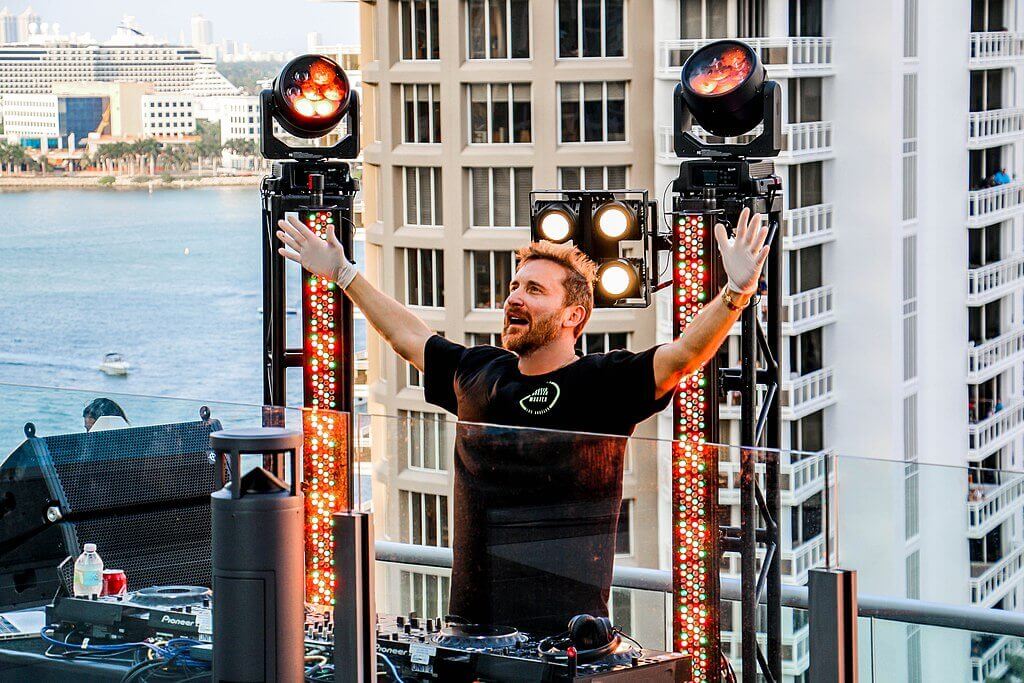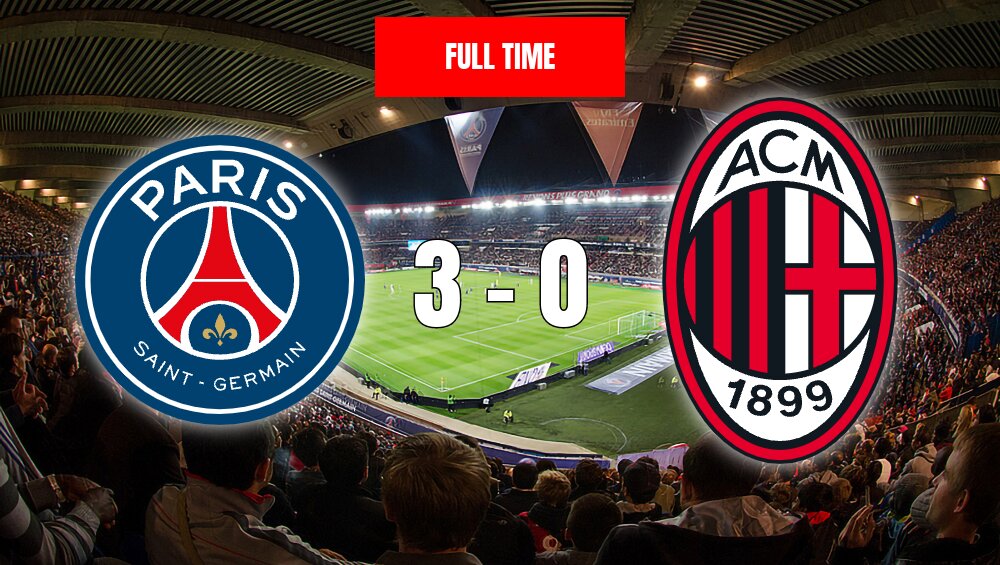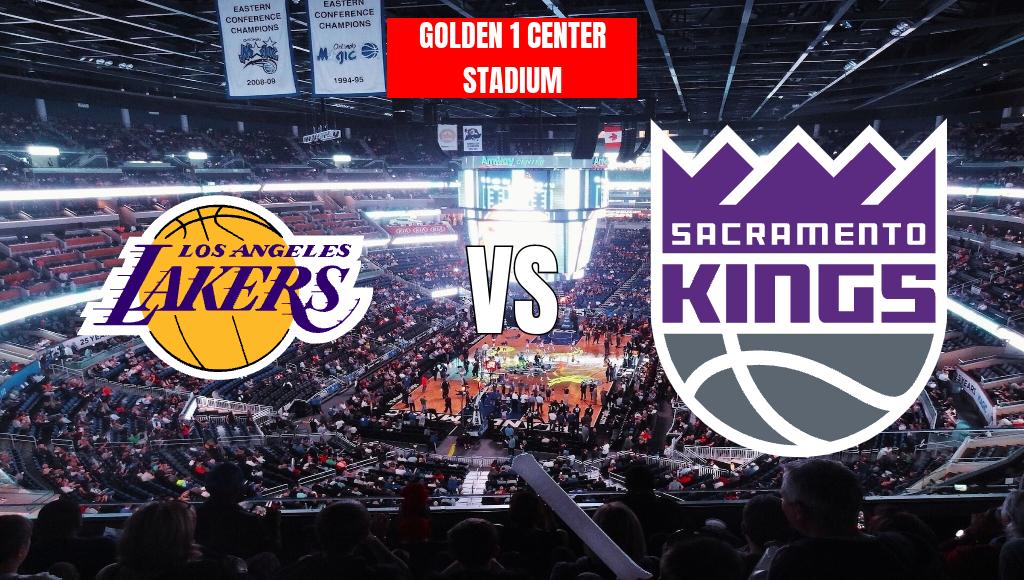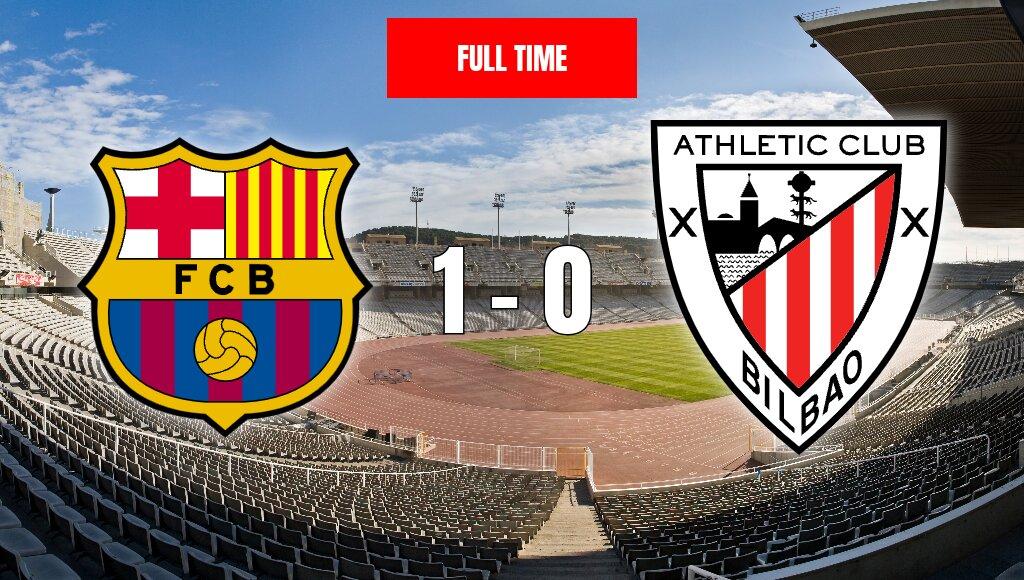Grammy award-winning DJ and producer David Guetta has demonstrated the power of AI in creating music with his latest track, featuring an Eminem-style vocal produced using two artificial intelligence sites. While he has confirmed that the track will not be commercially released, Guetta has praised the use of AI in the creation of new music styles, saying it could be a defining factor for future musical revolutions. Speaking at the Brit Awards, where he was awarded Best Producer, Guetta said that AI would be the future of music, but would serve as a tool rather than a replacement for human creativity.
Let me introduce you to… Emin-AI-em 👀 pic.twitter.com/48prbMIBtv
— David Guetta (@davidguetta) February 3, 2023
The controversy around AI vs. creativity
Guetta’s experiment has led to an intense reaction from the music industry and fans, with some praising the technology’s potential to create new sounds and styles, while others criticize it for “handcuffing creativity.” Last month, Drake fans began using an AI generator to create their own tracks in the style of the Canadian rapper, and AI-generated songs have been going viral on TikTok in recent months.
Despite the potential that AI holds for the music industry, not all artists have embraced the technology. Nick Cave recently wrote a scathing review of an artificial intelligence system that attempted to write a song “in the style of Nick Cave.” The singer called the results “a grotesque mockery” and “a travesty.”
What does the future hold for AI-generated music?
While AI-generated music may be a contentious issue, it is clear that the technology has already made significant inroads in the music industry, opening up new creative possibilities for artists and producers alike. With AI technology evolving and improving at an exponential rate, we can only imagine the new musical frontiers that will be explored in the years to come.
Image attribution: By Nicovdwoude – Own work, CC BY-SA 4.0, https://commons.wikimedia.org/w/index.php?curid=97396743




